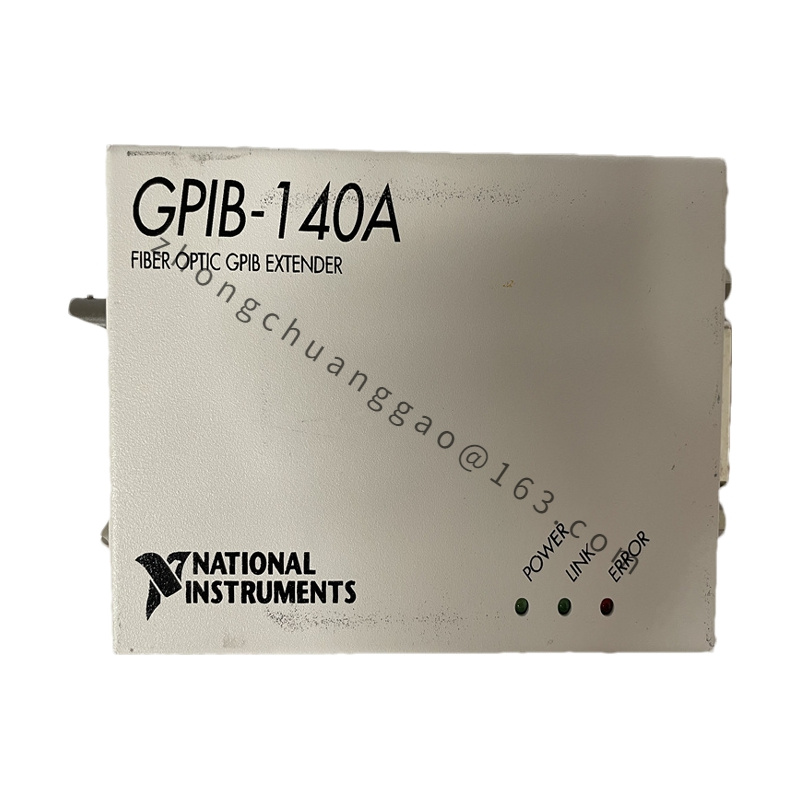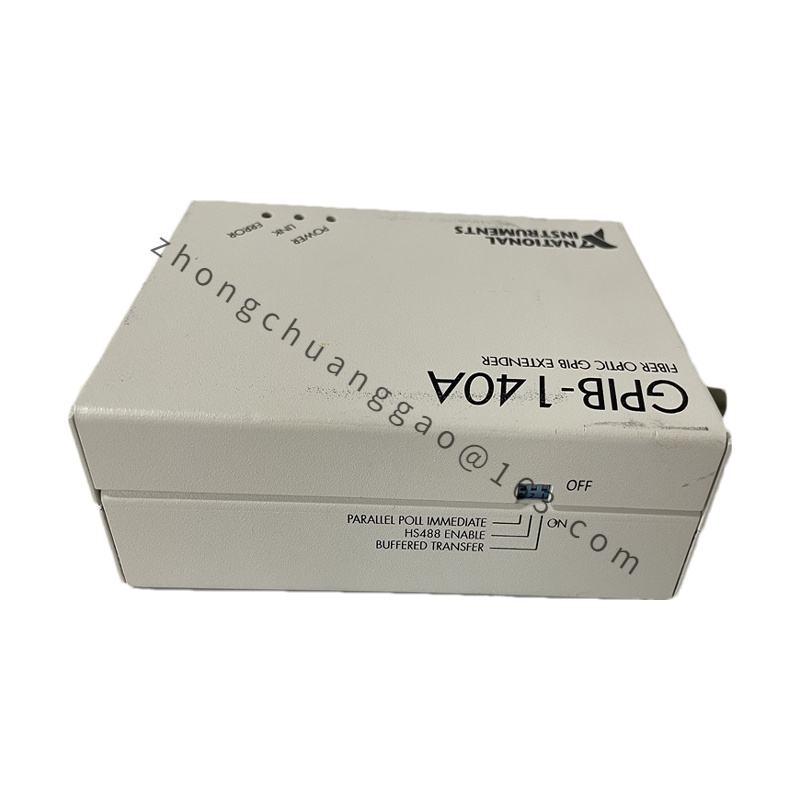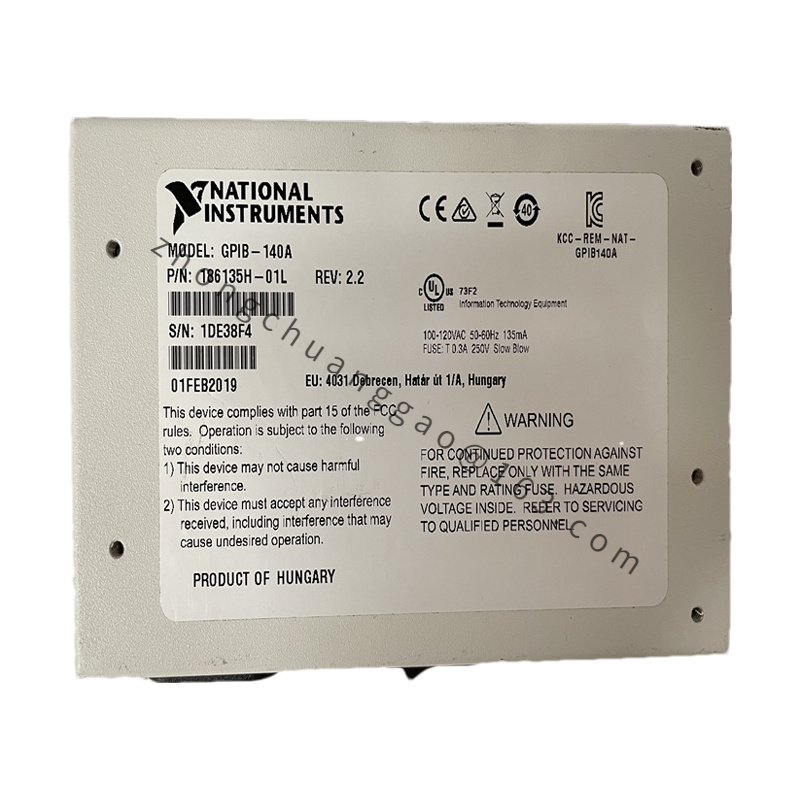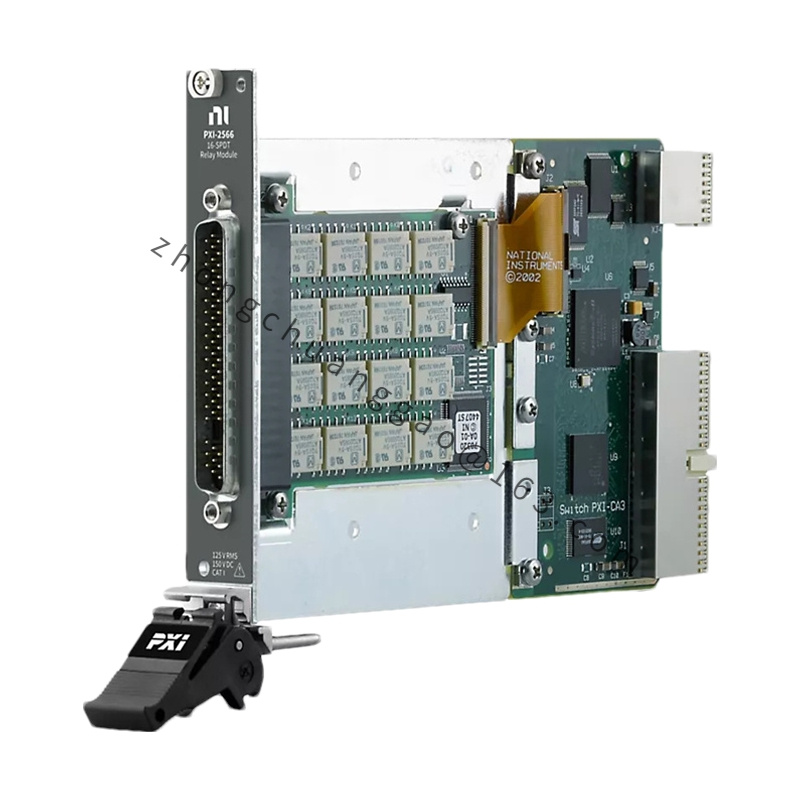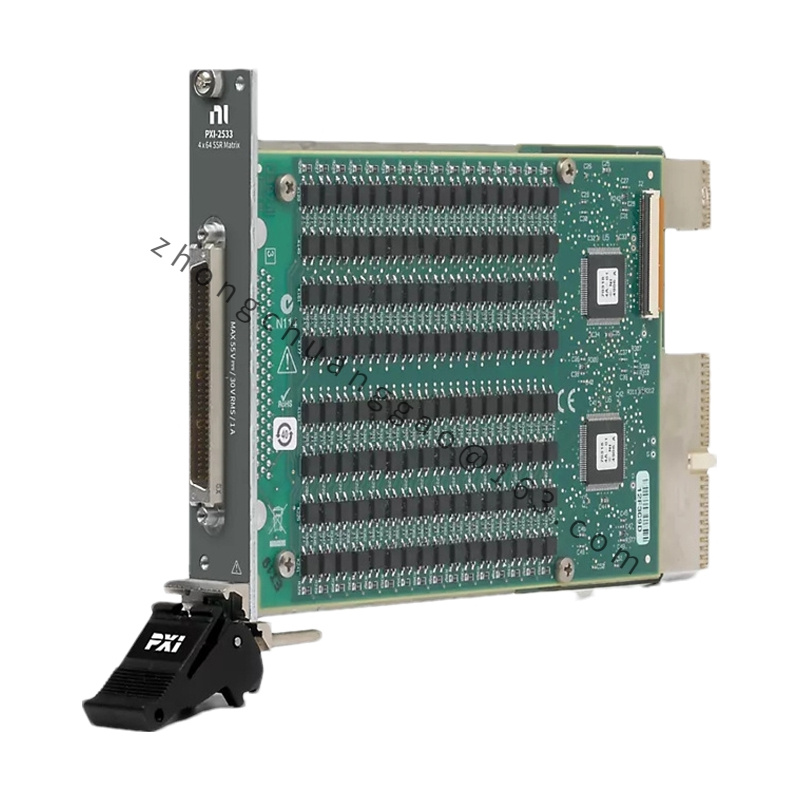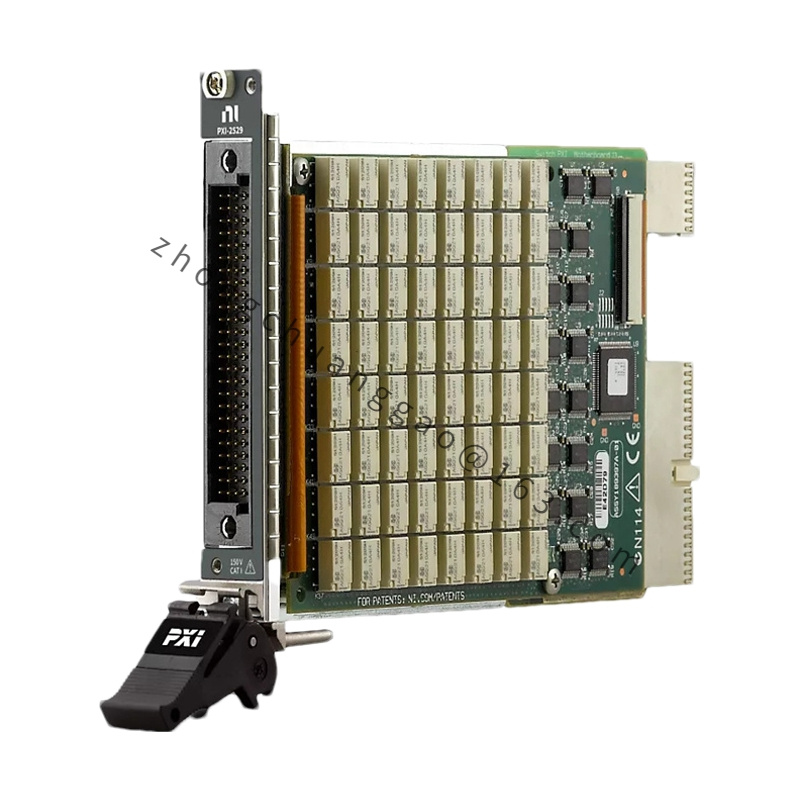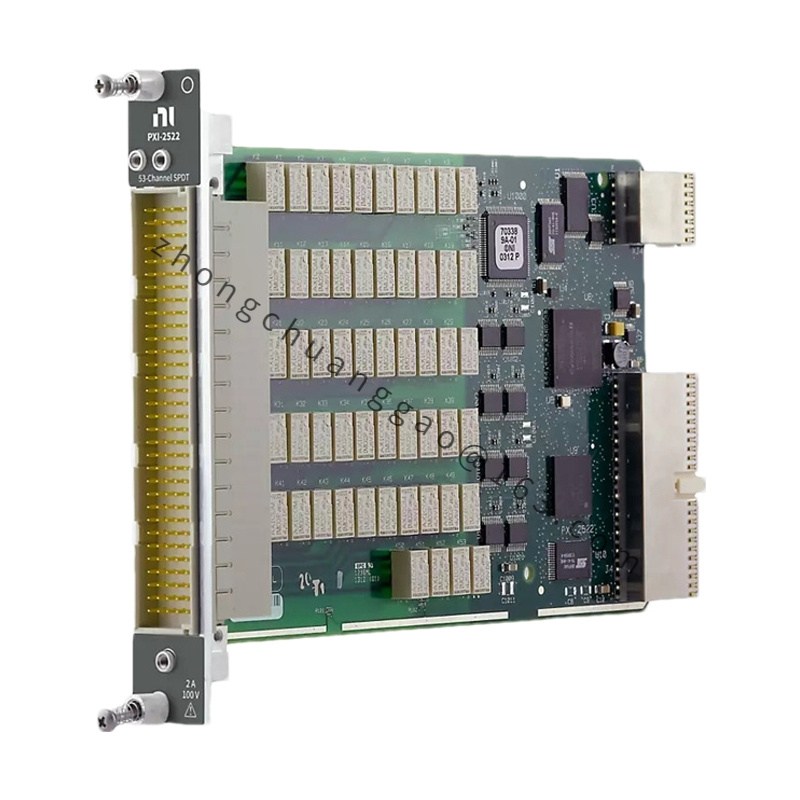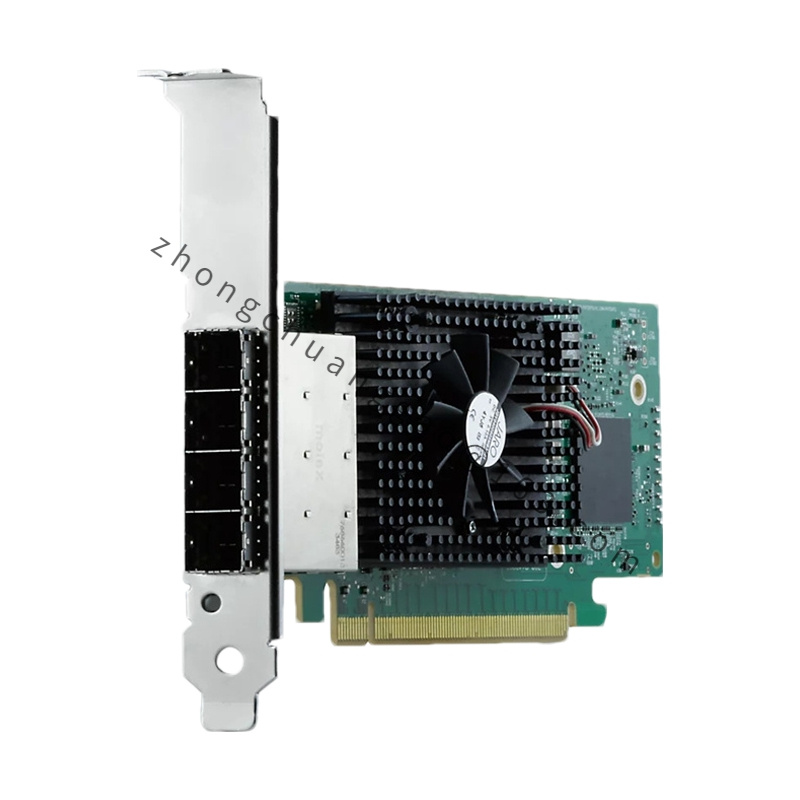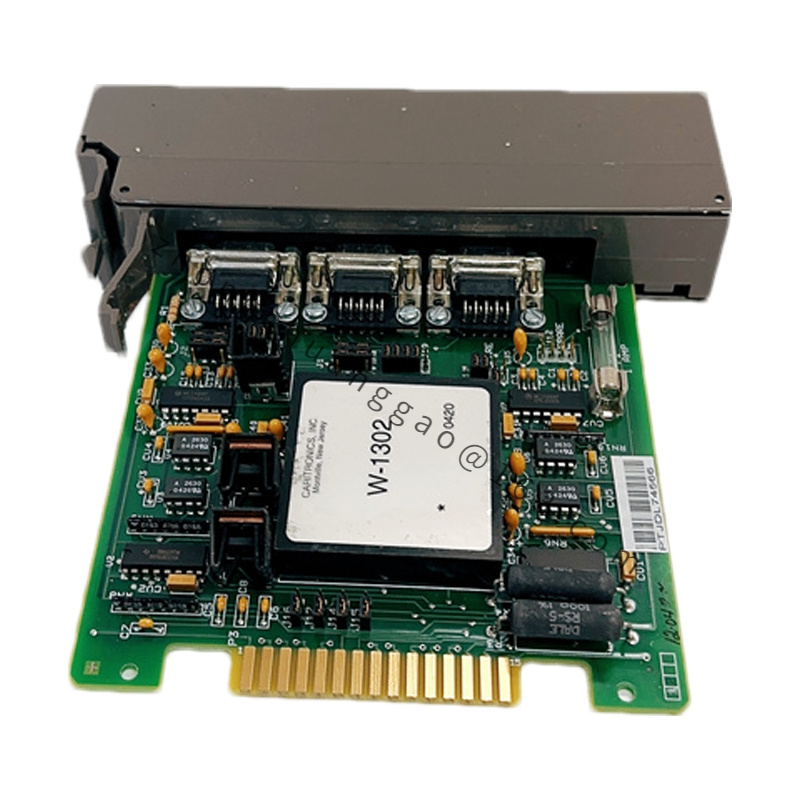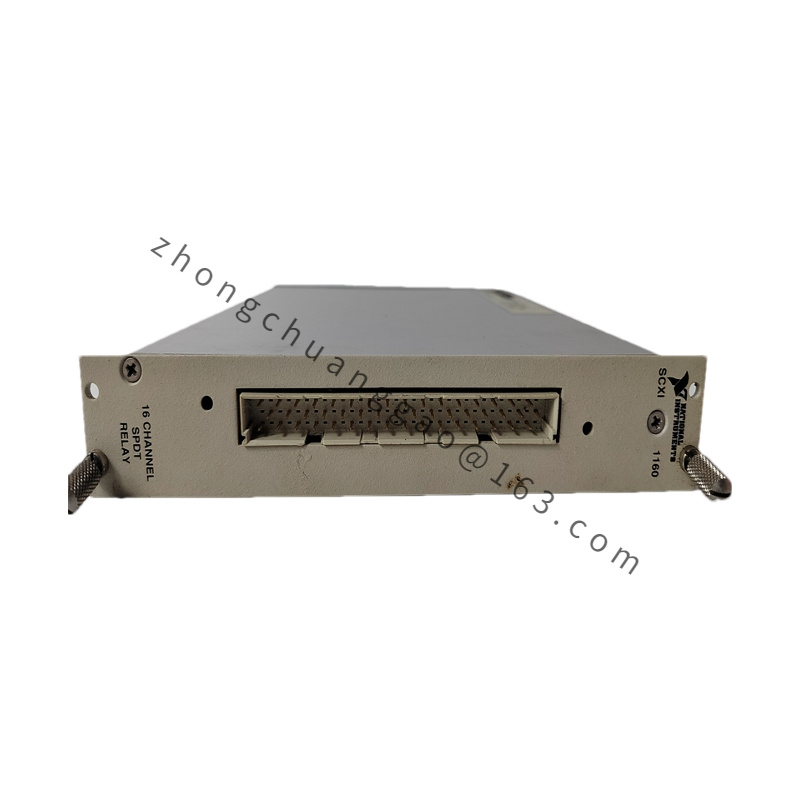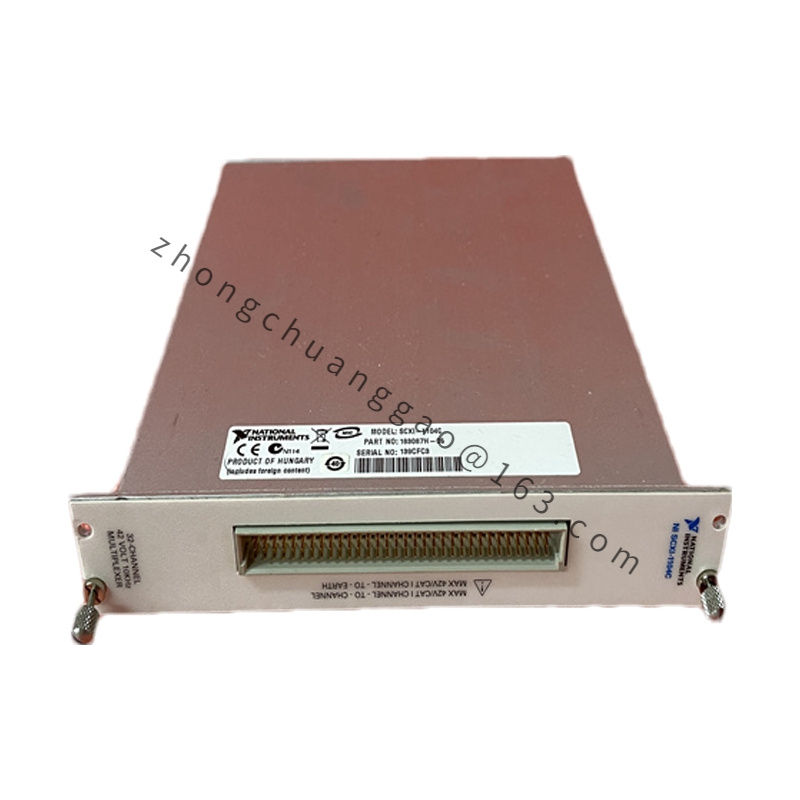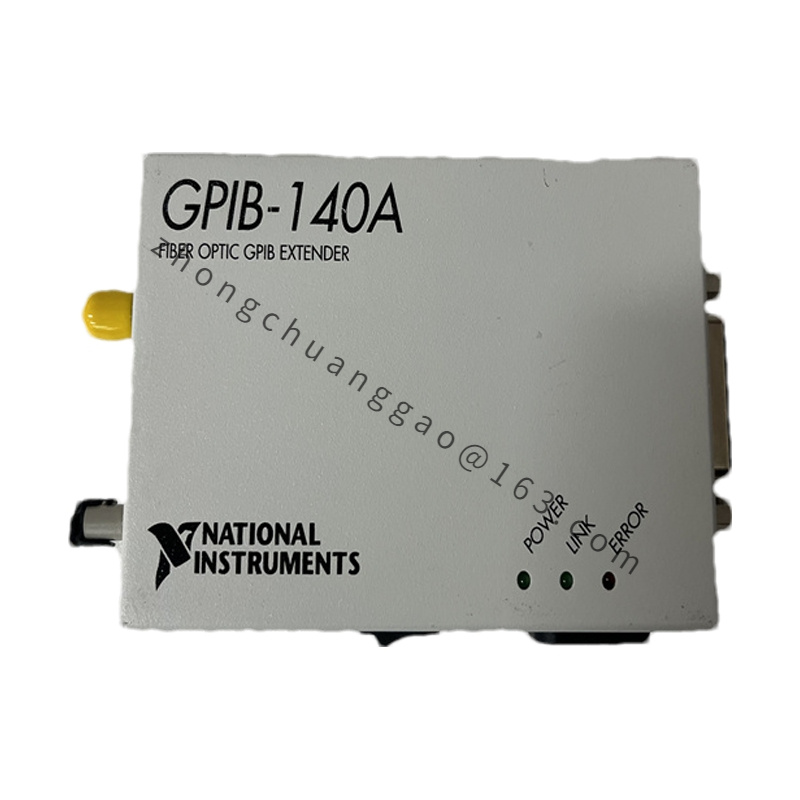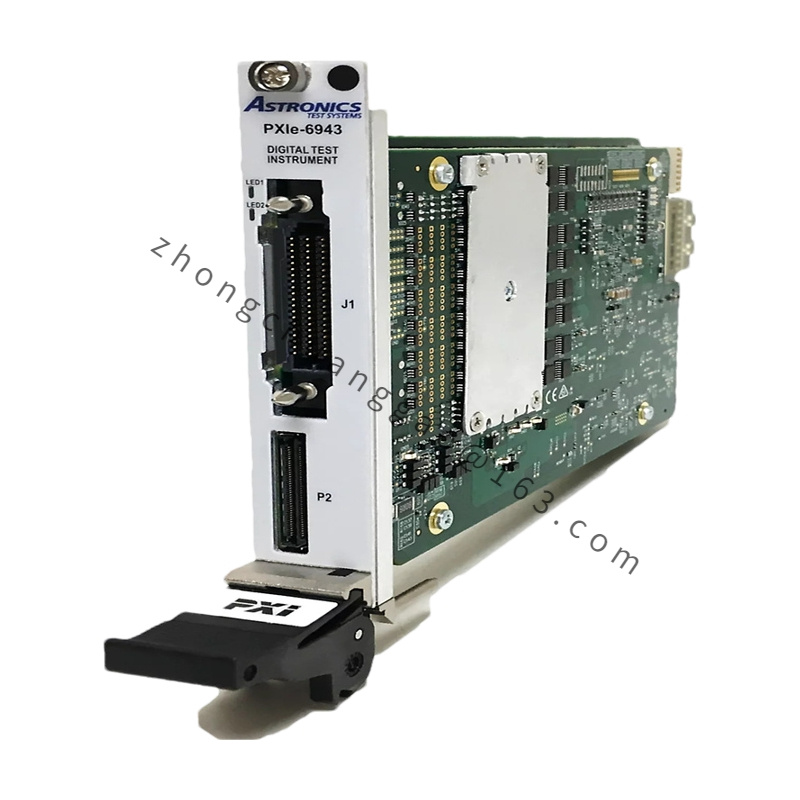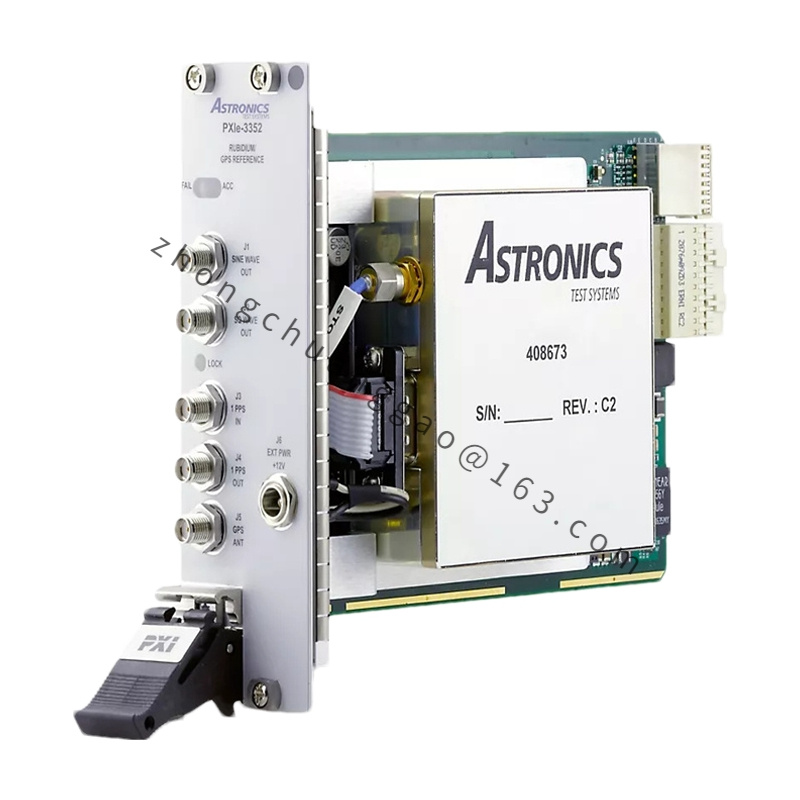NI GPIB-140A 186135H-01L
The NI GPIB-140A 186135H-01L is a General-Purpose Interface Bus (GPIB) controller designed for high-performance applications in test and measurement environments. This module is a part of National Instruments’ series of GPIB products, intended to facilitate reliable communication between computers and various GPIB-compliant instruments.
Detailed content
Technical Specifications:
- Communication Protocol: IEEE 488.2 compliant.
- Data Transfer Rate: Capable of transfer speeds up to 8 MB/s.
- Maximum Devices on Bus: Supports connecting up to 14 devices in a daisy-chain configuration.
- Cable Length: Standard GPIB cables up to 10 meters, with extension options available up to 20 meters.
- Power Requirements: Operates at +5 VDC with a tolerance of ±5%, consuming a maximum current of approximately 0.4 A.
- Operating Temperature Range: 0 to 55°C.
- Storage Temperature Range: -20 to 70°C.
- Form Factor: Compact, designed for low-profile integration in space-constrained environments.
Features:
- Enhanced Communication: The GPIB-140A 186135H-01L is designed to provide robust and efficient communication between a host computer and various GPIB-compatible instruments. This is particularly useful in setups that require high-speed data transfer and low latency.
- Electrical Isolation: The device includes built-in electrical isolation, which protects against ground loops and improves the reliability of data transmission in electrically noisy environments.
- Compatibility: Fully compatible with National Instruments’ software tools, including LabVIEW and MAX, allowing for seamless integration into existing test setups.
- Versatile Application: The GPIB-140A can be used in a wide variety of applications, from simple instrument control in laboratory settings to complex, automated testing systems in industrial environments.
Applications:
- Test and Measurement: Ideal for automating the control and data acquisition from multiple GPIB instruments in a test setup.
- Research and Development: Supports complex R&D projects where precise and reliable instrument control is critical.
- Industrial Automation: Facilitates the automation of testing procedures in manufacturing and quality control environments.
- Educational Labs: Useful in academic settings for teaching instrumentation and measurement techniques.

